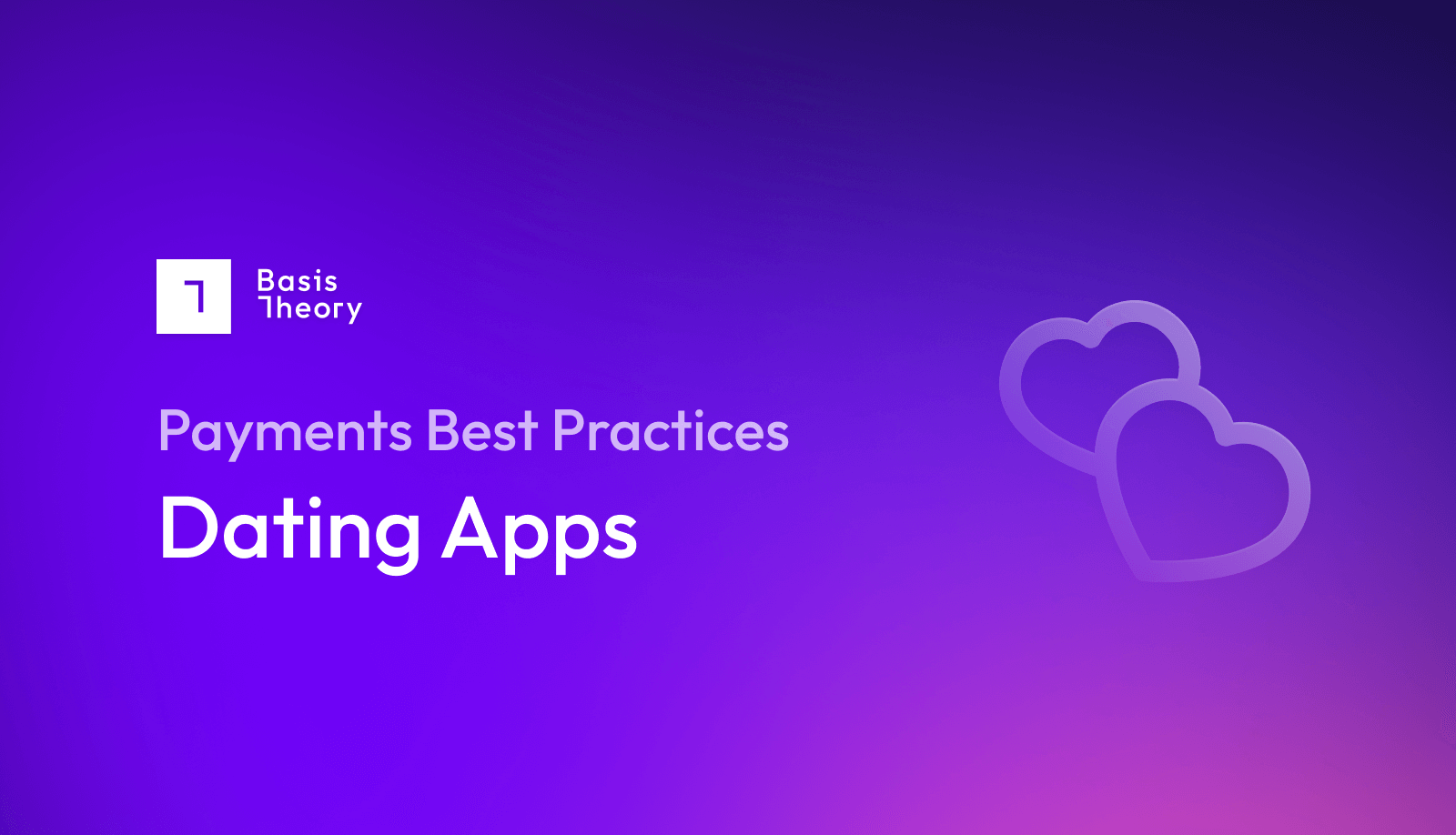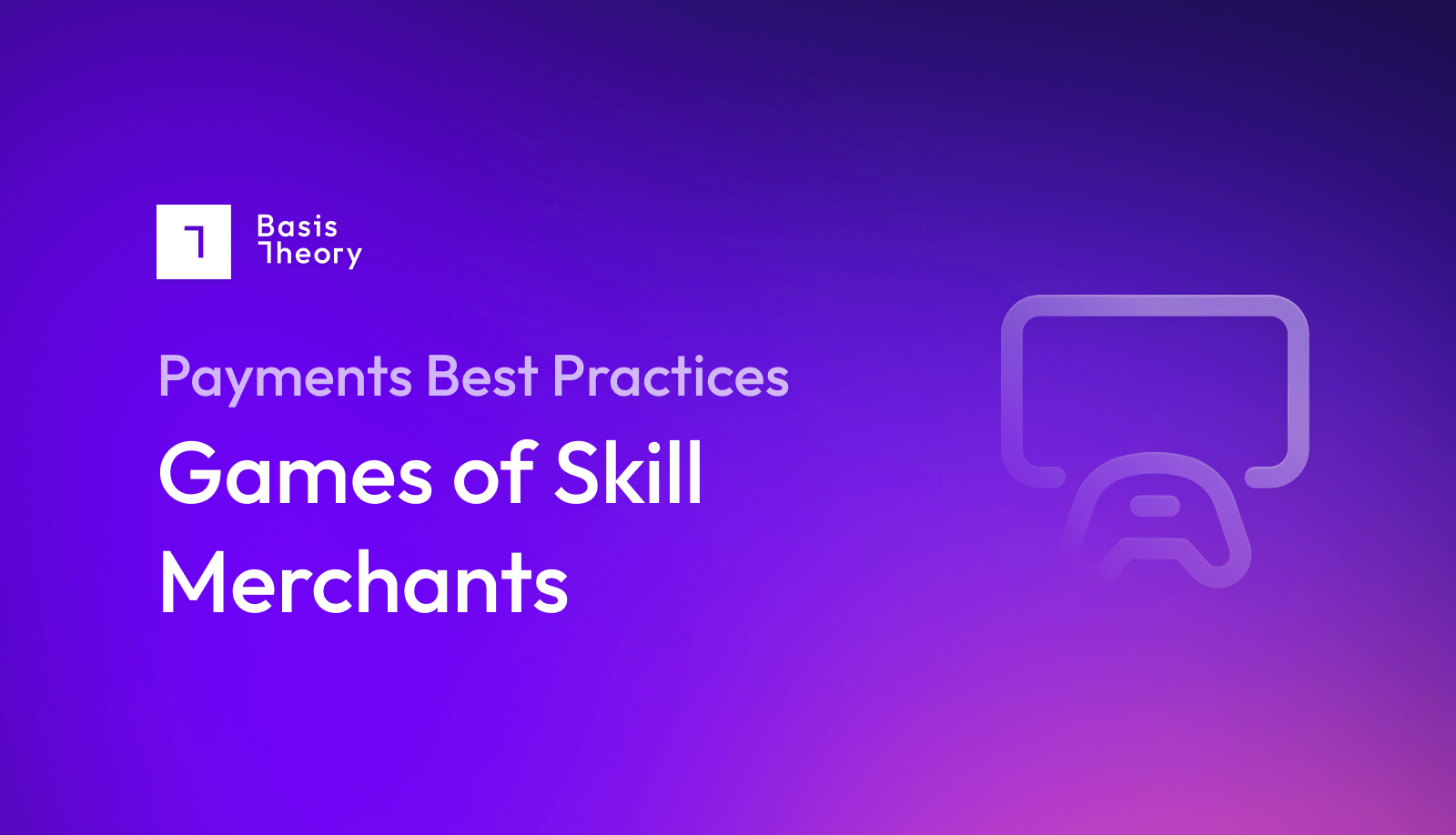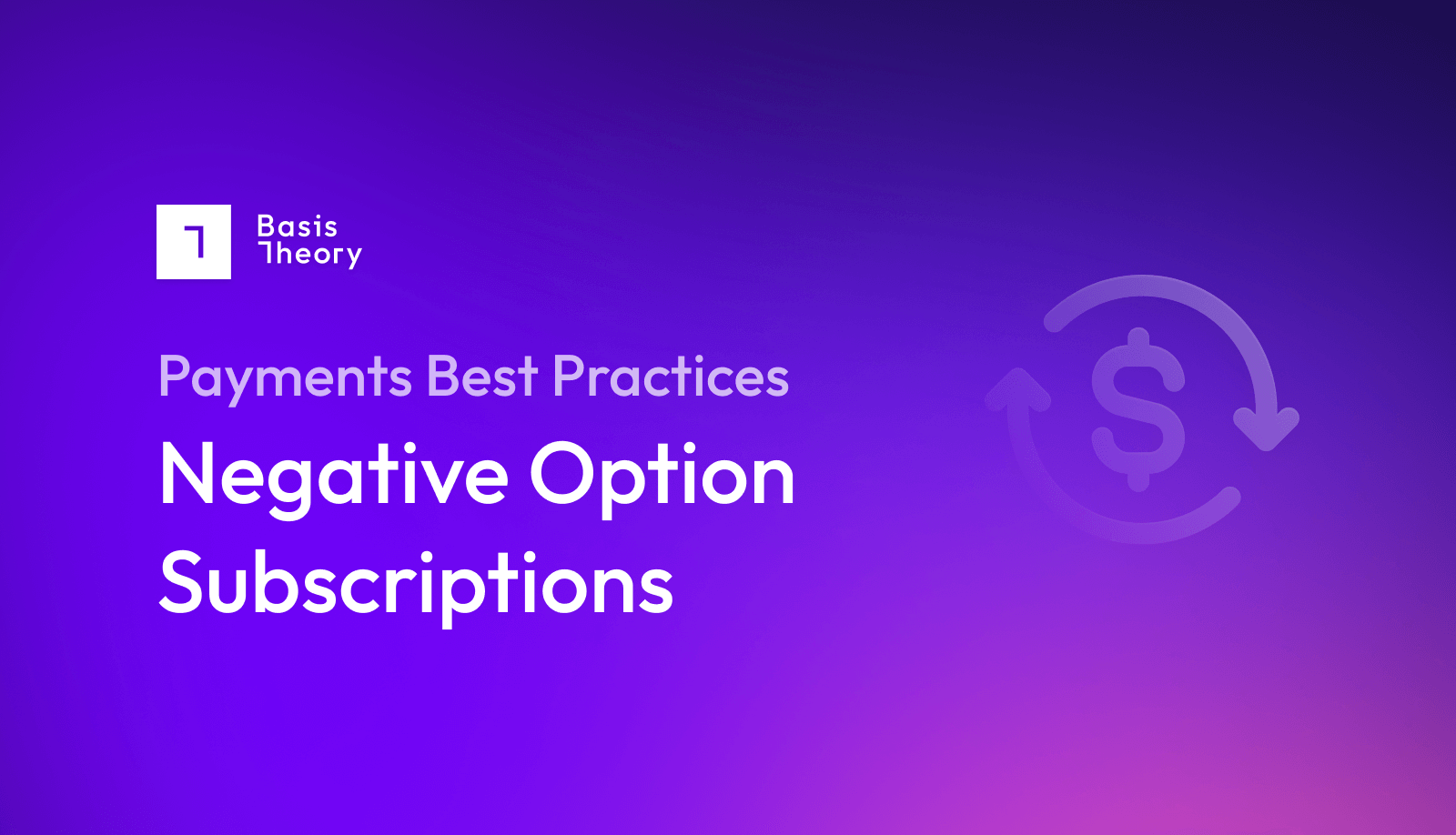Dating Apps: Payments Best Practices

Online dating and related services are booming globally, with demand increasing at a rapid pace. The market for online dating and apps was valued at $7.94 billion in 2023 and is projected to nearly double by 2030, according to Grand View Research.
To meet this demand and capture a share of the revenue, new dating-related companies are being formed daily and include companies like:
- Online dating platforms
- Matchmaking services
- Dating agencies
- Escort or companionship services
Payments for this industry, which falls under MCC 7273, can be quite tricky as payment partners deem this industry as high risk.
What are the Payment Risks for Dating Companies?
According to the Visa Integrity Risk Program (VIRP), “dating and escort services” fall under MCC 7273, which is a tier 1 industry. According to the Visa Integrity Risk Program guide, “Tier 1” high integrity risk merchants have a higher risk of illegal activity occurring if the proper controls aren’t in place, and any potential illegal activity that occurs could cause significant harm to the health and safety of individuals. Tier 1 is the most highly regulated tier for these reasons.
Therefore, merchants in this industry are categorized as “High-Brand Risk Merchants” or “high-risk merchants”.
Business and Sales Model Risks
Companies in the dating category may experience more prevalent business risks, which often makes PSPs apprehensive to do business with them.
A breakdown of the risk factors into which issues may arise include:
| Issue | Details |
|---|---|
| Increased Chargebacks | Because these services often include subscriptions and may involve automatic charges to customers’ CNP cards, they can lead to unintentional or unauthorized charges |
| Customer Disputes | If customers feel misled or do not receive expected value, they may dispute the charge. Disputes may also occur if the purchaser feels ashamed of their activities appearing on a card or bank statement. |
| Fraud Potential | Malicious actors may sign up for services using stolen credit card information or create fake profiles to lure customers and receive gifts or funds from their connections. |
Best Practices of Successful Dating Companies
It can be challenging to operate in a high-risk vertical due to the increased challenges of fraud, scrutiny, chargebacks, fees, and more. Implementing the right strategies, however, can ensure that these merchants not only operate successfully, but also thrive.
Best practices all high-risk merchants should follow to become successful include:
- Understanding industry regulations: Becoming knowledgeable about the standards that card networks and PSPs have in place regarding chargebacks and disputes, fraud prevention, reporting and compliance, and industry trends can ensure that your business remains operational even as the industry evolves.
- Choosing the right PSP(s): Partner with reputable and experienced payment processors that specialize in high-risk merchant accounts and have a history of working successfully with MCC 7273.
- Providing clear communication: Make it easy for prospective customers and partners to understand exactly what your business is, how payments work, and what the terms of use are. It becomes significantly easier not only for you to fight for yourself in the event of fraud, but also for your partners to do the same.
- Provide clear steps to cancel: As much as merchants want to retain as many customers as possible, providing a clear path to canceling accounts and stopping charges is the best way to reduce chargebacks.
- Offering best-in-class customer service: These days, great customer service should be table stakes for most businesses, and especially for merchants in high-risk sectors. Ensure that inquiries into refunds, cancellations, issues, or general questions are addressed promptly and clearly to keep chargebacks low.
- Maintaining PCI DSS compliance: Any merchant that handles sensitive card information must be - and work with partners that are - PCI compliant. With several partners in the market that can assist, it is easier than ever to achieve compliance.
- Monitoring transactions and alerts: Regularly review transaction data to identify trends, patterns, and anomalies that may indicate potential fraud - and pay close attention to any alerts your payment partners share. High-performing merchants diagnose and address issues before they ever threaten business continuity.
- Leveraging specialty partners: Managing payments in a highly regulated environment is not the time or place to DIY or “figure it out”. Enlist trusted partners with expertise to assist with fraud management, compliance, security, and analytics.
How Basis Theory Helps Dating Companies
Basis Theory can assist high-risk merchants that would like to secure their payments, achieve PCI compliance, and maintain ownership over their payments data. Outsourcing your CDE to Basis Theory not only takes away a significant portion of the burden to maintain compliance, but it also provides freedom in the form of network-agnostic tokens that growing merchants can use with any PSP, partner, or network.
Basis Theory helps customers like Passes, a Miami-based creator platform that enables fans to access exclusive content and experiences. Passes has a similar business model to OnlyFans or Fansly, empowering creators to monetize on their own by enabling seamless and secure transactions between creators and their fans.
Patrick Zheng, Tech Lead, recalled, "We were working with a PSP, and they said they were okay with our business but they ended up going back on their word and shutting us off without any warning." Passes had to quickly integrate with another payment provider in the middle of the night, but there was a risk they would be shut down there too. He continued, "We wanted to make sure that we're always in a position where we will have a provider even if something happens."
The Passes team replaced the front-end component with the Basis Theory card Elements and used the Basis Theory Proxy to send data to PSPs. The implementation process only took two weeks. Passes was able to build a solid foundation for its payment system, and open the door for cascading payments, ensuring it would always be in a position to have a provider to process transactions for its platform. Read the entire case study or contact us to chat with one of our payment experts if you would like to learn more.
.png?width=365&height=122&name=BTLogo%20(1).png)



